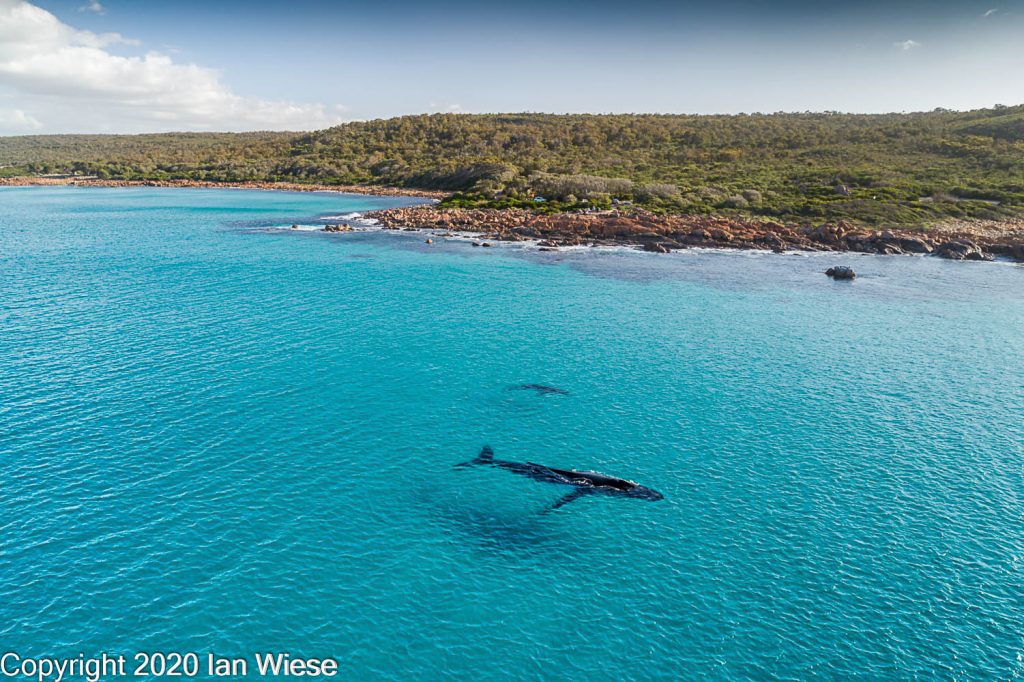
Geographe Marine Research Ltd
Geographe Marine Research (GMR) was launched in June, 2021 although the
people associated with GMR have been conducting research in Geographe Bay for
many years.
GMR’s mission is to promote the conservation of whales and their environment
through targeted world-class research that is conducted in the southwest of
Australia. GMR does this through engaging citizen scientists, which are trained
members of the general public, as part of a collaboration with GMR’s
professional scientists. GMR supports conservation management through community
awareness and education, communication of research findings across a range of
media, and through representation on scientific and government panels.
GMR continues to develop its systems and procedures that supports its researchers
and citizen scientists, and to foster new collaborations with other research
organisations.
We are governed by a volunteer Board of Directors and our work is funded
through fundraising activities, grants, memberships and donations from
supporters worldwide. GMR is a company limited by guarantee and is registered
as a charity with DGR status.
